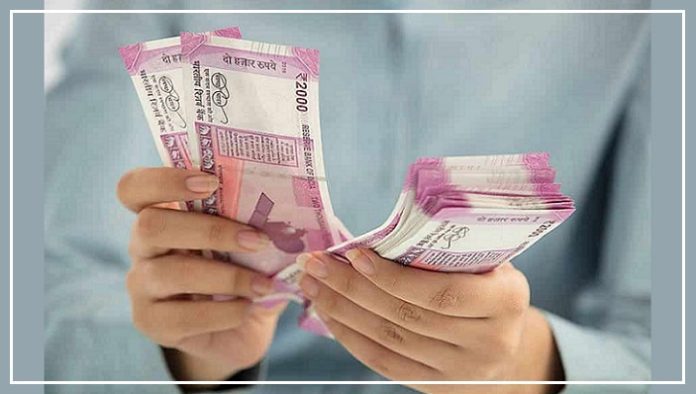Despite the growing popularity of digital payment methods such as UPI, many individuals still rely on traditional methods of storing cash at home.
However, the Indian government warns of the consequences of keeping large sums of cash at home.
The Amount of Cash You Can Stock at Home
According to the Income Tax Department, there is no prescribed limit on the amount of cash you can keep at home.
However, if an income tax raid is conducted at your residence, you must be able to provide a legitimate source for the cash.
You must maintain a record of your money, and if the documentation provided does not match the final amount, the Income Tax officials may impose penalties.
Moreover, any unaccounted for cash can be confiscated, and a penalty of up to 137 percent of that amount may be imposed.
How to Avoid Getting Penalised?
DNA India mentions that to avoid getting penalized by the Income Tax Department, individuals must follow the prescribed rules for stocking cash at home.
For instance, individuals are not allowed to accept cash worth Rs 20,000 or more for any loan or deposit, and this rule also applies to the transfers of immovable property.
Cash transactions exceeding Rs 20 lakh in any financial year can only attract a penalty if they are unaccounted for and unsourced.
Additionally, the Central Board of Direct Taxes has mandated that individuals depositing or borrowing ₹50,000 or more must provide a PAN Card.
In addition, if an account holder deposits ₹20 lakhs or more in a financial year, both Aadhaar and PAN Card details must be provided.
It is stated that individuals in India could be subject to an investigation by the investigating authority if they make a purchase or sale of assets using cash exceeding Rs 30 lakh.
In the case of a credit or debit card transaction of more than Rs 1 lakh in a single transaction, there may be cause for investigation.
Moreover, it is not possible to withdraw approximately Rs 2 lakh in cash from family members in a single day, and instead, the transaction must be authorized by the bank, as mentioned in the source.
